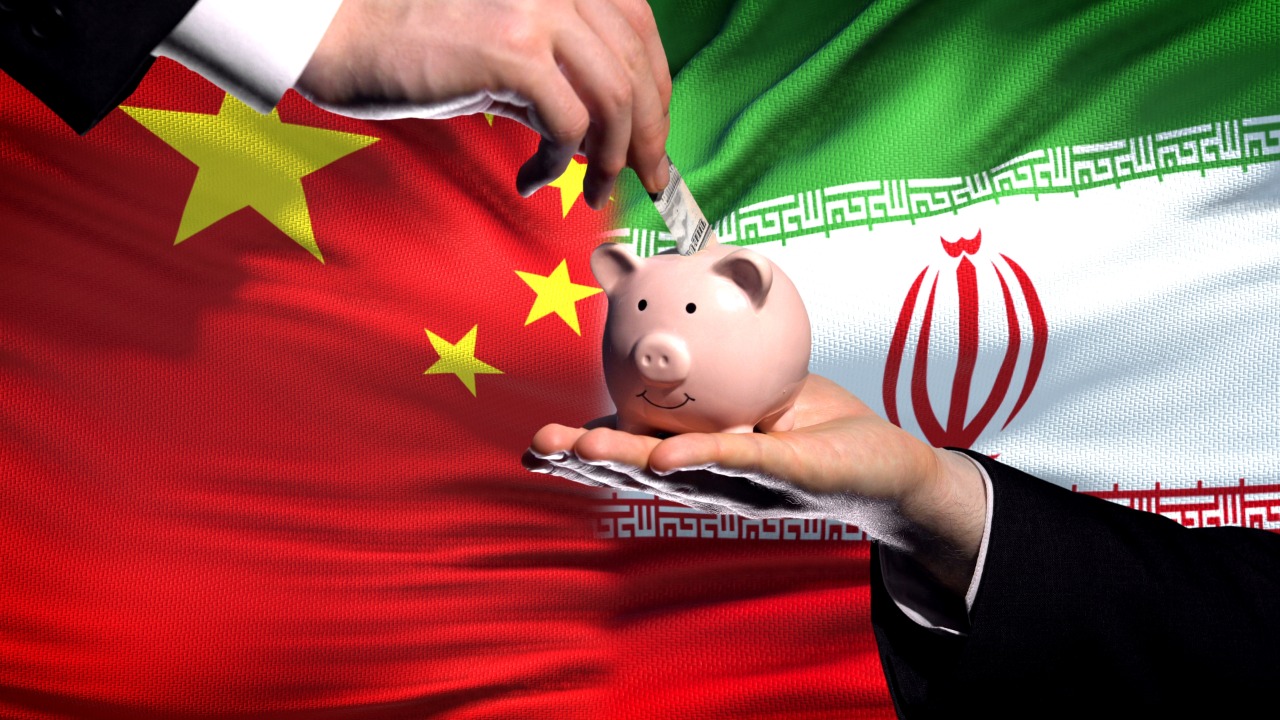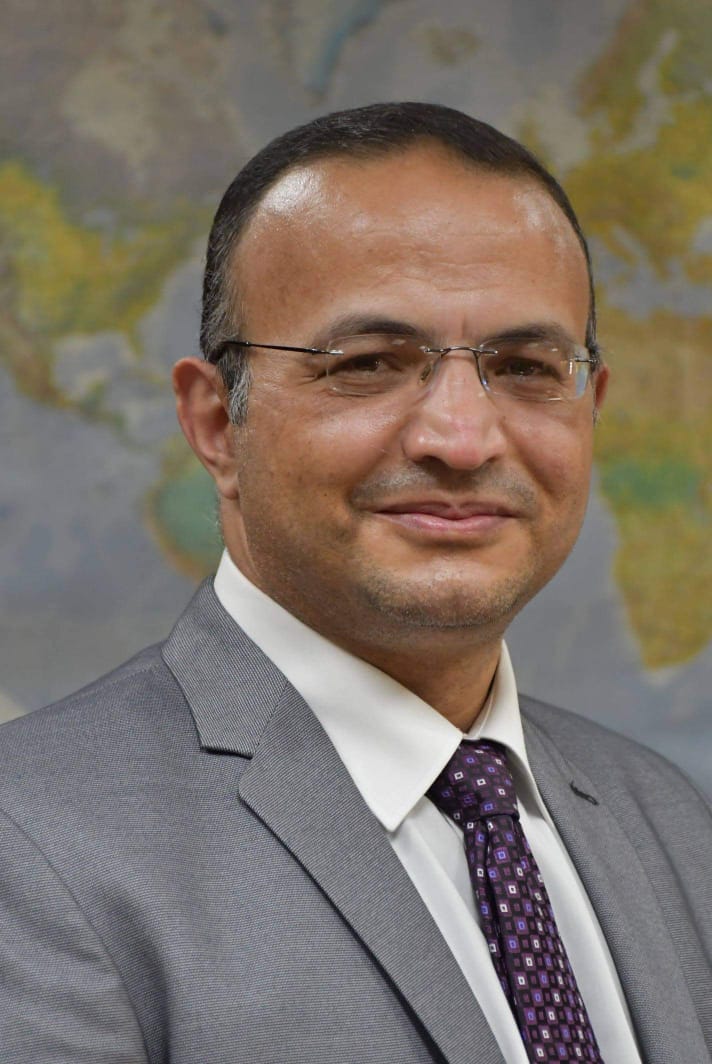Although the pressures on Iran in the international and regional arenas mostly push the country to advance its relations with one or more international powers, as is currently the case with both China and Russia, this does not signal that Iran prefers “classic alliances” that impose obligations and limits on the movement available to its parties. It is remarkable that in many of the crises in which Iran is involved, it places a cap on its relations with the other parties. This is the case with the Syrian crisis. The high-level coordination with Russia in Syria at various levels does not prevent the emergence of differences between the two parties, which may develop further with the end of the military conflict after a shift in the balance of power in favor of the Syrian regime.
Iran’s strategic relations with both China and Russia did not prevent it from engaging in secret talks with the United States in Frankfurt regarding the nuclear agreement . This seems to have played a role in laying the groundwork for current talks in in Vienna to reactivate the nuclear agreement, the lifting of oil sanctions imposed on Tehran, and Iran’s renewed commitment to the deal.
Some may view Iran’s relations with its armed militia proxies in the region as falling within an alliance framework. However, it can be argued that the concept of an alliance does not apply to this type of relationship, which is dominated by what can be called a “policy of subjugation” based on the exploitation of Iranian influence to align the policies of these proxies with Iran’s interests.
Several considerations:
It can be argued that there are numerous factors explaining Iran’s willingness to keep its relations with powers such as China and Russia within the framework of a “friendship” rather than an “alliance” , the most prominent of which are:
Historical: Following the Islamic revolution that toppled the regime of Shah Muhammad Reza Pahlavi in 1979, Iran employed a philosophy of “neither East nor West,” which appears to be one of the main pillars of Iranian foreign policy. That said, this principle may not necessarily reflect the ideology of the religious leadership that led the revolution and established the new regime, as much as it is related to a historical legacy that had an important and prominent role in controlling Iran’s interactions in the foreign arena, especially with major international powers.
Regarding Iran’s relations with Russia, they have enabled it to contain the impact of US sanctions to a degree, and helped it withstand strong international pressure. Some in Iran believed relations with Russia could grant Iran access to Russia’s Security Council veto power in some cases, as was the case with Russia’s opposition to the draft resolution put forth by the Trump administration on August 15, 2020, to extend the conventional arms embargo imposed on Iran. However, Iran continues to view Russia as a historic threat to its national security, in view of the March 29, 1912, Russian artillery bombing of the shrine of Imam Ali bin Musa al-Kadhim in the Iranian city of Mashhad. The two countries were also on opposing sides of two wars during the Qajar era in 1804 and 1826, which resulted in Iran’s defeat and the signing of the Gelstan agreement in 1813 and Turkmenchai agreement in 1828. The agreements resulted in carving out parts of Iran in Central Asia and the Caucasus.
It is worth noting that the Turkmenchai Treaty was a significant factor in inciting domestic controversy regarding the signing of the long-term strategic partnership agreement between Iran and China, during the visit of Chinese Foreign Minister Wang Yi to Tehran on March 27, 2021. Some in Iran considered the agreement, the articles of which have mostly remained unpublished, establishes a broad Chinese influence within Iran, comparable in impact to the influence Russia gained through its victory over Iran in the two wars.
This is part and parcel of Iran’s historical sensitivity towards Western countries, particularly Britain and the United States, in light of their role in overthrowing the government of Dr. Muhammad Mossadegh and reinstating the Shah to the throne in 1953.
Expanding options: Iran believes that alliances impose restrictions and caps on action in the international arena, contradicting the basic principle which Iran has always followed, namely expanding its available options. Accordingly, its policy is to generally keep several options available, as relying on one option could threaten its security and stability. As such, despite its keenness to advance its relations with Russia and China, Iran appears to also strive to develop its relations, or at least open channels of communication, with the powers that compete with Russia and China.
This is evident in the cases of India and the United States. Despite a decline its Iranian oil exports to India as a result of US sanctions, the two countries continued to advance their cooperation in other areas, including signing of the agreement to develop the Iranian port of Chabahar on May 24, 2016, which affords India passage to the Central Asian region without crossing the territories of its traditional rival Pakistan The deal is viewed by many as potentially triggering increased competition with both China and Pakistan, which have in turn developed bilateral cooperation in the development of the Pakistani port of Gwadar.
As for Iranian relations with the United States, public hostility between the two sides has not prevented the establishment of communication channels, especially during crises. This was evident prior to the signing of the nuclear deal on July 14, 2015 between Iran and the P5+1, whereby secret negotiations between Iran and the United States were conducted leading up to the deal. Similar talks are seemingly currently underway, after numerous reports indicated that the negotiations currently taking place between Iran and the P5+1 in Vienna, with indirect participation from the United States, were preceded by secret talks between the two parties in the German city of Frankfurt. Even during peak tensions and escalation between the two sides, communication remained ongoing, paving the way for access to transactions similar to the Iran-Contra Affair in 1986, when former US national security adviser Robert McFarlane secretly visited Tehran.
Friends’ policies: It is of note that Iran’s “friends”, in turn, are keen to develop strong relationships with its adversaries, as is evident in the case of Syria, where Russia is keen to open channels of communication with both the United States and Israel. Israel, meanwhile, has launched continuous attacks against sites in Syria that are linked to Iran, the Syrian regime, and armed militias, in coordination with Russia. Russian Foreign Minister Sergei Lavrov announced on January 18, 2021 Russia’s rejection of using Syrian land as a base to attack Israel, noting that Russia had proposed to warn Israel of imminent security threats from Syrian territories.
Moreover, although Iran’s relations with Russia secured Iran and its allies, in some cases, a Security Council veto, the fact remains that Russia, along with China, supported international sanctions on Iran prior to the nuclear deal. Russia also halted the sale of S-300 missiles to Iran in 2010 due to international sanctions, leading Iran to file a lawsuit against Russia in the International Court of Arbitration until the issue was settled in 2015.
Prioritizing interests: One of the key pillars of Iranian foreign policy, and a driving factor behind Iran’s policy to avoid alliances with international powers, is prioritizing Iran’s interests. Alliances may restrict Iran’s ability to prioritize its own interests, in cases where they are in contradiction with policies of these potential allies. Although not an uncommon approach among many countries, it is of particular importance for Iran, who is quick to abandon its foreign policy orientation of supporting the oppressed when it does not align with its interests. As Iran’s Supreme Leader, Ali Khamenei, noted in his statement on January 9, 2014, “We previously stated that, in certain situation, we are ready to negotiate with the Great Satan (the United States) to ward off evil if necessary.” In light of this, it can be argued that Iran’s closed-door policy aims to reduce the burden of alliances with international powers, and avoid the escalation of hostility in the international arena in order to maintain Iran’s security and stability.


